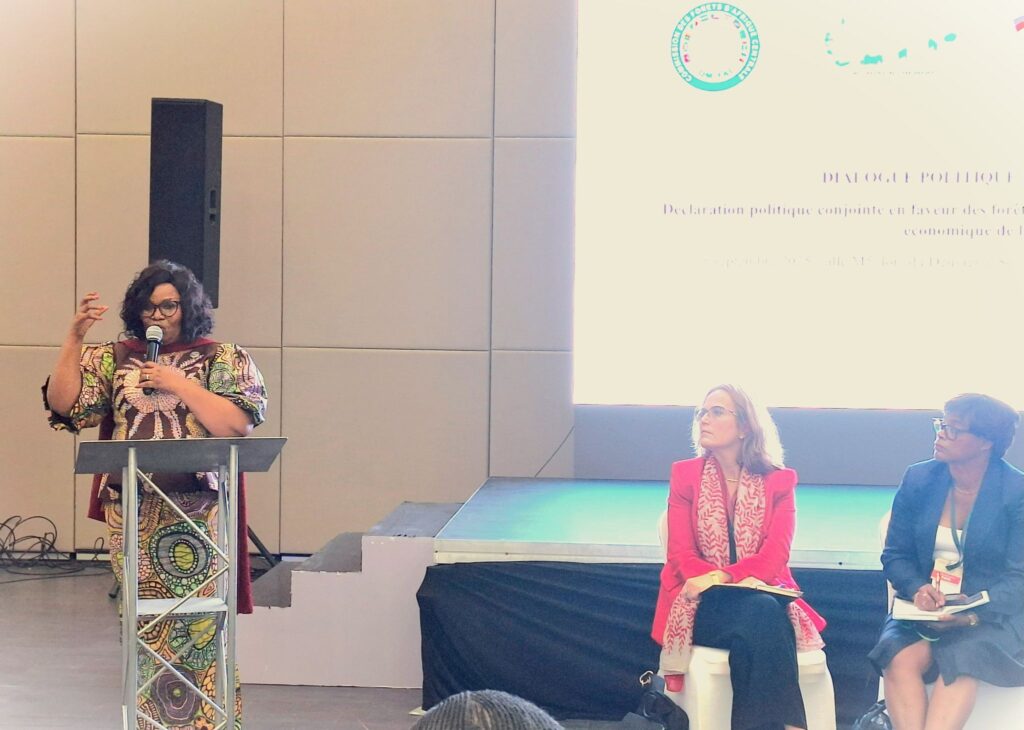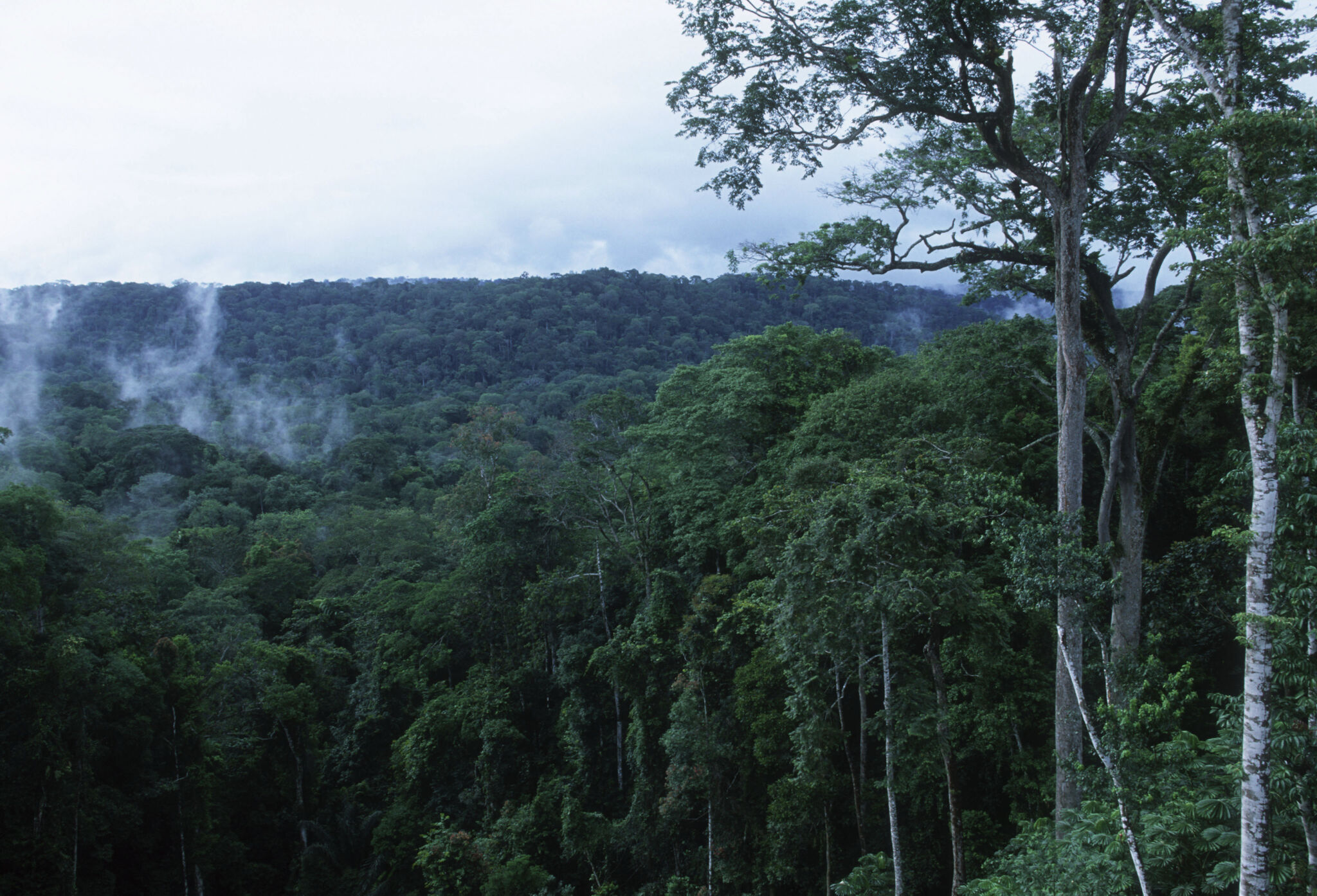WWF applauds African leaders for putting nature and adaptation at the heart of Africa’s climate strategy at the close of the Second Africa Climate Summit (ACS2) in Addis Ababa, Ethiopia.
To further Africa’s climate agenda and sustainable development priorities, the Second Africa Climate Summit is an avenue for policymakers, practitioners, corporations, and civil society to come together as a forum.
Across the African continent, climate change is endangering economies, communities, and investments. An important step towards COP30 is the Africa Climate Summit 2 (ACS-2), where Africa will discuss its pledges and priorities while promoting indigenous solutions that promote adaptation and systemic changes.
It is against this backdrop that African leaders emphasized climate change adaptation as Africa’s top priority in their proclamation calling for increased, reliable, and easily available funding to develop early warning systems, climate-smart cities, and resilient food systems.
“Africa’s leaders are setting a bold and practical course by putting adaptation and nature-based solutions at the heart of the Addis Ababa Declaration,” stated Martin Kabaluapa, director of WWF Congo Basin. “A key component of this vision must include the Congo Basin, the planet’s second green lung. To put promises into action for people and the environment, strong political will supported by actual funding is now required,” Kabaluapa adds.
African leaders also reaffirmed the continent’s commitment to nature-based solutions (NbS), which include Indigenous knowledge systems, watershed preservation, and forest restoration, as scalable, African-led approaches. These solutions were hailed as lifelines for livelihoods, community resilience, and biodiversity in addition to being affordable means of regulating the climate.
The declaration equally called for the Loss and Damage Fund to be fully operationalized, providing vulnerable countries and populations hardest hit by climate-related disasters with direct and easy access.
African leaders urged developed nations to implement the Baku to Belém Roadmap, which aims to raise USD 1.3 trillion annually by 2035, expand grant-based financing in line with Africa’s goals, and restructure the global climate finance system to make resources equitable, predictable, and accessible.
Africa also pledged to strengthen its leadership, advance climate-smart agriculture and renewable energy, and change the global narrative to show that the continent is a continent of answers rather than just a victim of the climate problem.

“The challenge for African leaders now lies in transforming this political ambition into tangible outcomes by reforming the global finance architecture so that resources are predictable, fair, and accessible. Only then can Africa’s priorities, resilient communities, climate-smart economies, and thriving ecosystems be fully realized,” said Durrel Halleson, Head of Policy and Partnerships, WWF Africa.

